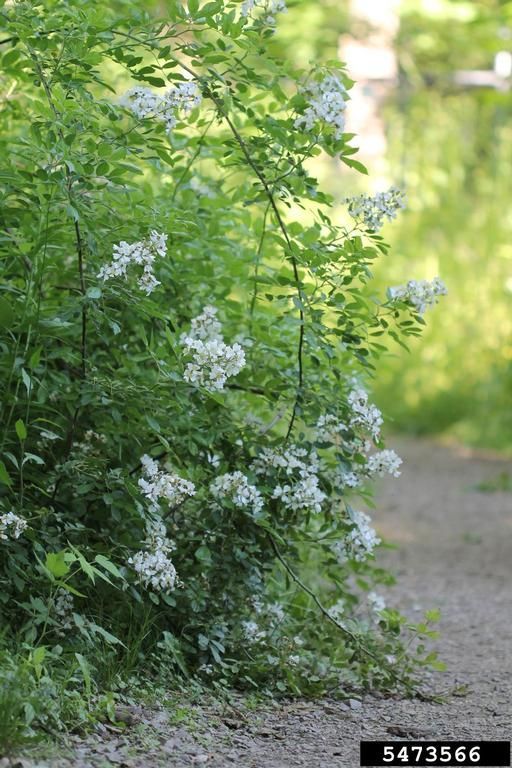December NRC: Steelhead, walleye regulations to be discussed
The Michigan Natural Resources Commission (NRC) is expected to continue discussions regarding two fisheries order amendments and possibly vote on the pair at their December monthly meeting.
The meeting will start at 9 a.m. at the Michigan Library and Historical Center Forum. An agenda for the day can be found here .
An amendment to Fisheries Order 200.22, introduced by Commissioner Dave Nyberg, would lower the bag limit from three to one steelhead on select streams from March 15 through May 15.
DNR staff and biologists presented the state of Michigan’s steelhead population and what factors are contributing to population changes in November. That presentation can be viewed here .
A second amendment , introduced by Commissioner Dave Cozad, would amend Fisheries Order 206.22 to include a year-round walleye season on the lower Saginaw River. This amendment would open the river from Center Road down to the mouth of the river during dates that have traditionally been closed.
DNR Lake Huron Basin Coordinator Randy Claramunt presented to the commission in October regarding Saginaw Bay and its tributaries’ walleye population. That presentation can be viewed here .
The Michigan United Conservation Clubs (MUCC) Fisheries Committee submitted two letters of concern regarding the steelhead and walleye amendments.
As a part of the DNR Director’s Report, DNR Law Enforcement Division and Safari Club International will present several awards. MUCC Executive Director Amy Trotter and President Greg Peter will present the organization’s On the Ground Partner of the Year Award to DNR Biologist Chad Fedewa and DNR Technician Chad Krumnauer for their continued partnership and engagement as the OTG program’s most engaged biologists.
Peter and Trotter also presented a summary of MUCC’s Annual Convention held in September. A recap of that event and the list of resolutions that passed can be found here.
MUCC is thankful for the opportunity to present its priorities to the commission and the ability to continue to be an engaged stakeholder, Trotter said.
“Working closely with state agencies and public bodies has been an immeasurable strength of MUCC since its inception in 1937,” Trotter said. “When relationships are founded on trust and healthy discourse, Michiganders can feel comfortable knowing rules and regulations are thoroughly vetted and debated.”
Old Business
In November, DNR Forestry Division staff presented a proposed firearm use closure at the North Pioneer Road Shooting Area in Benzie County . The department cited ongoing and consistent safety concerns, including multiple bullets striking domiciles in the area of the proposed closure. One building struck was almost one mile away.
MUCC prioritizes the safety of shooting ranges and shooting areas, and the organization has no formal position on the closure of the North Pioneer Road Shooting Area. However, the closing of public lands and state game areas to recreational shooting has started to trend upward, and MUCC has concerns about the processes used to determine closures.
Recreational shooting and the excise taxes collected from firearms and ammunition are significant contributors to conservation in Michigan through federal apportionment of Pittman-Robertson funds, said Nick Green, MUCC public information officer.
“Recreational shooters and the excise taxes derived from their activities have proven to be a linchpin in Michigan’s 21st-century conservation movement,” Green said. “The DNR needs to be thorough and transparent when considering range and shooting area closures moving forward, and stakeholders need to be a part of the process.”
Both aforementioned fisheries orders are considered old business as both could be passed or voted down at the December NRC meeting.
A host of land transactions is also up for discussion — the list of parcels being considered can be found on the agenda.
The post December NRC: Steelhead, walleye regulations to be discussed appeared first on Michigan United Conservation Clubs.
Recent Posts



